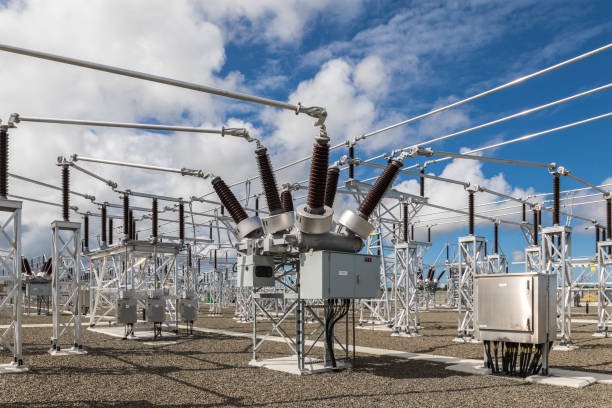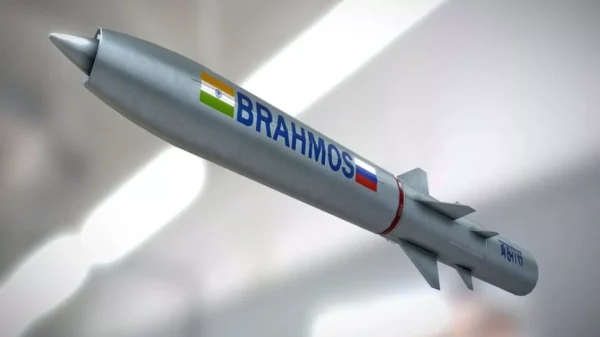Japan now wants to revive its more dormant nuclear power plants to generate electricity amid record high energy prices and growing crisis in this sector. In 2011, Japan dumped some nuclear power plants after Fukushima disaster.
Recently, Japanese broadcaster NHK commissioned a new survey that showed 50 percent of the population supports the government’s initiative to expand nuclear power.
According to survey, 48% of the respondents supported Japanese Prime Minister Fumio Kishida’s plan of developing next-generation nuclear reactors as a reliable, clean energy power source in the country. About 32% opposed the revival of nuke-plants while 20% were undecided.
The survey was carried out from Sept. 9-11 via random telephone conversations among 1,255 adults and came two weeks after Kishida announced plans to examine the construction of new plants that would break more than a decade of energy policy following the Fukushima disaster, which led to a decade-long effort to eliminate nuclear.

Japanese prime minister announced the resumption of seven nuclear reactors across the country by the summer of 2023, bringing the total number of operating power units to 17.
Kishida’s reasoning behind revisiting nuclear comes as Japan could face electricity supply problems due to soaring prices of natural gas and other energy products.
Uranium bulls should be jumping for joy at the prime minister’s statement last month:
“Nuclear power and renewables are essential to proceed with a green transformation,” Kishida said. “Russia’s invasion changed the global energy situation.”










